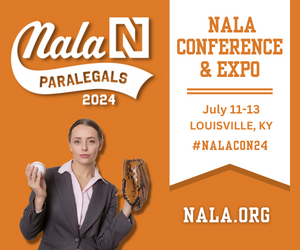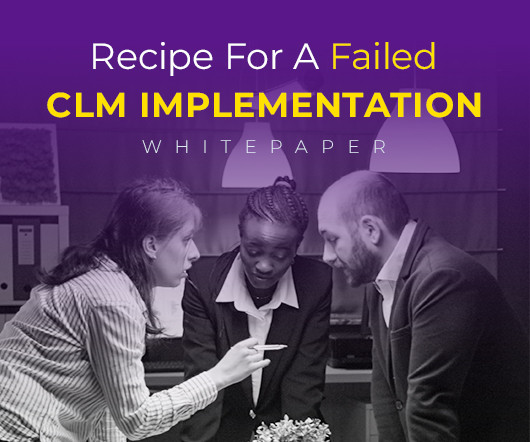Full Copyright Royalty Board Decision on Webcasting Royalties Now Public
Broadcast Law Blog
FEBRUARY 12, 2016
The full decision of the Copyright Royalty Board on Internet Radio royalties, excluding confidential information , has now been made public and is available here. In December, we wrote about the rates and terms of the royalties that webcasters pay to SoundExchange for the public performance of sound recordings as set by the CRB decision, and about some of the ramifications of that decision for various classes of webcasters.


























Let's personalize your content